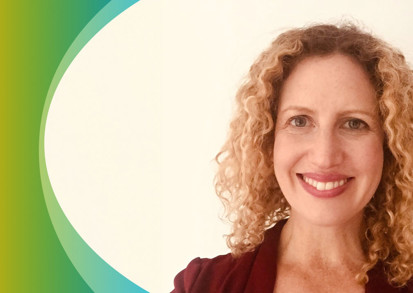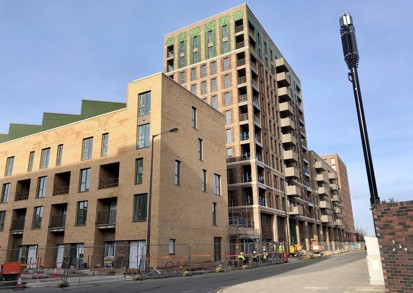If you're a journalist, please contact the Communications team on 020 3815 0184 or at media@nhg.org.uk (Monday to Friday from 9am to 5pm).
For urgent media requests out of hours, please call 07715 804 999. If we can't answer straight away, please leave a voicemail message and we will get back to you as soon as possible.





